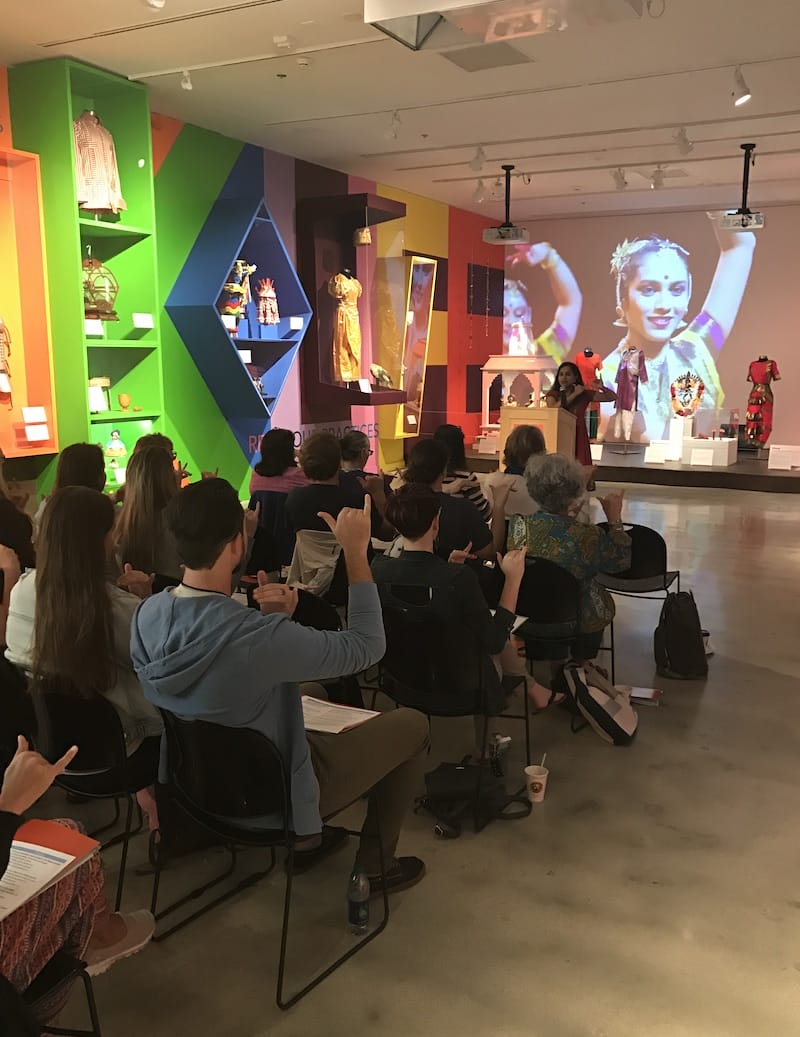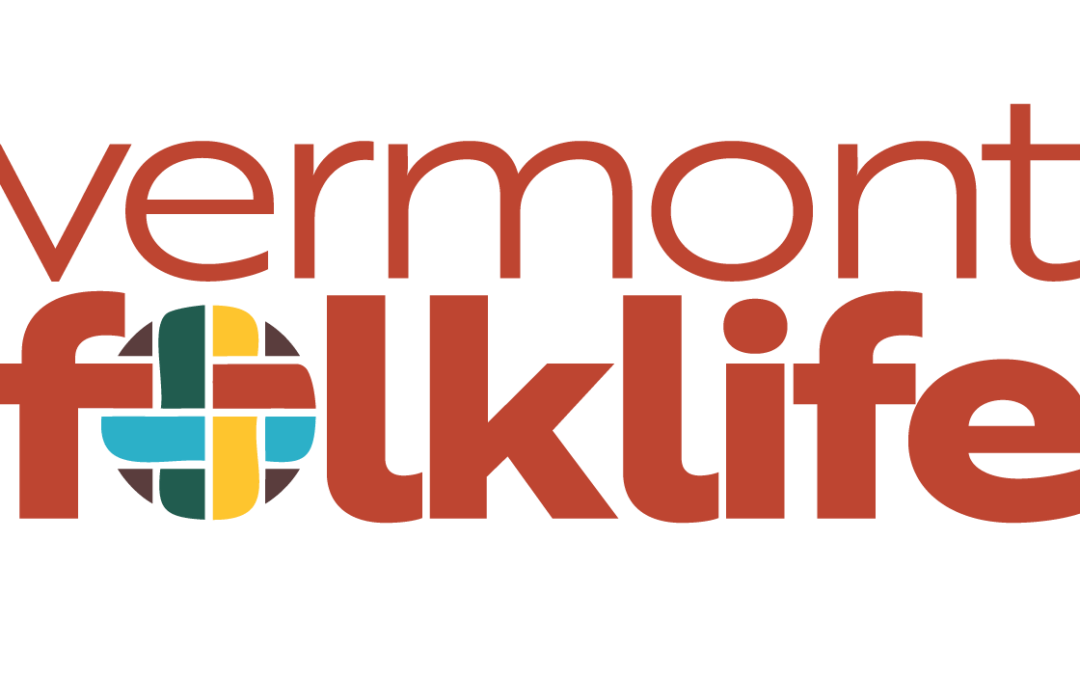Professional Development
We Can Help You Bring Folk Arts Education to Your Classrooms
Local Learning partners with school districts, museums, and state agencies (among others!) to offer professional development opportunities that particularly focus upon the art forms that can be found in our own communities. Also known as Folk or Traditional Arts, these art forms can support learning in all subjects, including the arts. Study of local art forms and their creators contributes to students’ understanding of cultural traditions, and to their ability to think critically, gather and analyze evidence, and express their ideas and interpretations through personal creativity. Folk arts are uniquely suited to explore the ways in which traditional art forms reflect the history, culture, geography, and values of different cultures and communities.

How It Works
and
Why It Matters
Our professional development consultants and staff will provide resources for teachers, teaching artists, and other educators who want to learn a practical set of tools and activities ready for classroom use. We customize training and service events to each unique situation, ensuring that local educational and curricular needs are met, while also inspiring educators to see local culture as another tool for the classroom.
Everyone has folk traditions — expressive customs practiced within a group and passed along by word of mouth, imitation, and observation. Using folk arts in the classroom educates, motivates, engages, and fosters the creative expression of students and powerfully links them to their communities. Integrating the study of folk arts into existing curricula awakens self-awareness in students of their own roles as tradition bearers, their families as repositories of traditional culture and history, and their communities as unique resources.

Teaching with Primary Sources
Discover connections to the Library of Congress… and your own community!
NY Test Kitchen
Our NY Workshops are where we test new classes and workshop. Local to NY? Join us!
Stuck At Home?
We’ve put together a collection of learning activities to explore locally – at home!
Upcoming Opportunities and Announcements
Updates

Sound Recordings as Primary Sources
Learning with the Vermont Folklife Archive and Teaching with Primary Sources Tuesday, March 12, 2024, 3:30 - 5:30 pm EST This workshop is FREE thanks to generous funding from the Library of Congress Teaching with Primary Sources Program. When you think about primary...
The Power of Story: A Museum Study of Art, Activism, and Narrative
Local Learning is partnering with Art In Motion School in Chicago to support a Museum Studies Professional Development workshop Saturday, May 4, for the REACH project, funded through a Department of Education grant awarded to the Distinctive Schools Network and...
Albany CCC Showcase 2023
Albany Teacher and Artist Showcase November 18, 2023 | 10:00 am-12:00pm | FREE to attend The Albany Institute of History and Art | 125 Washington Ave, Albany, NY 12210 Welcome to the CCC Showcase. Experience important local artforms and learn what happened when...
Workshops for Teaching Artists
Local Learning provides professional development opportunities for folk artists, folklorists, and educators nationwide. Artists who want to teach in a classroom need a specific set of materials and skills. Local Learning works with traditional artists to develop lesson plans, class management skills, and teaching statements. Local Learning also helps artists connect their expertise and skills to core curricular concepts.
What do Artists say about a Local Learning workshop?
The wonderful activities that integrated what we were learning during the day are going to transpire into my teaching. The workshop turned out to be so helpful in understanding the process of relating culture in the classroom and the most important element, working together as a team (educator, artist, and students).
